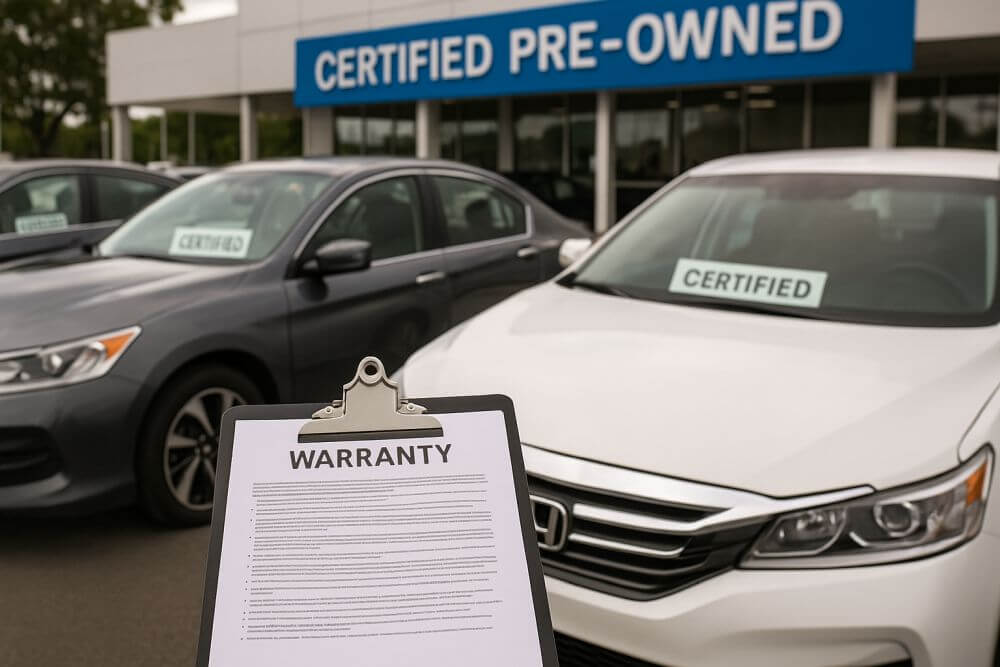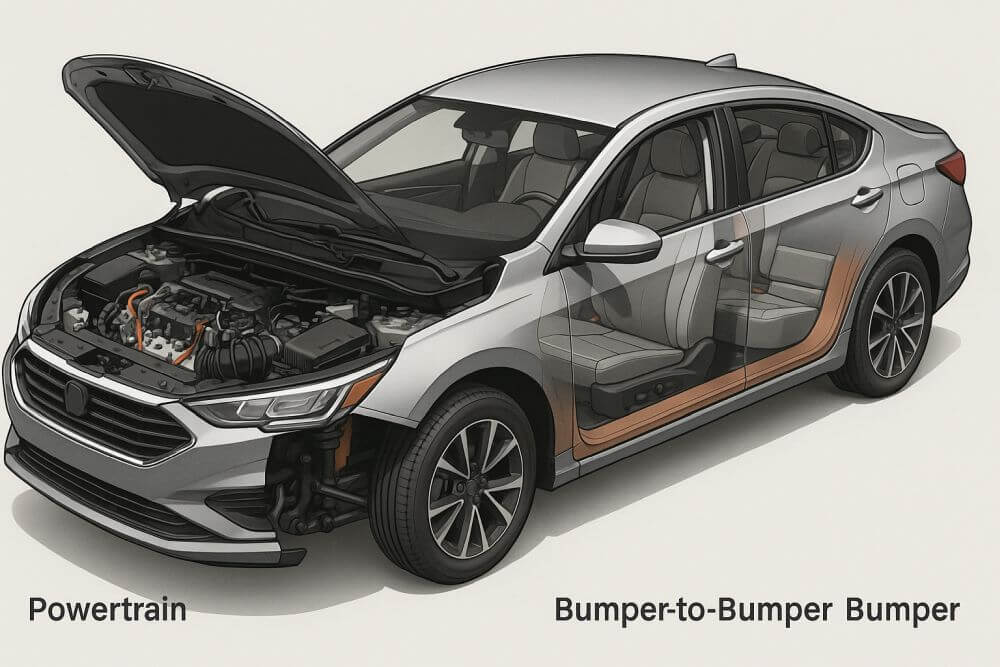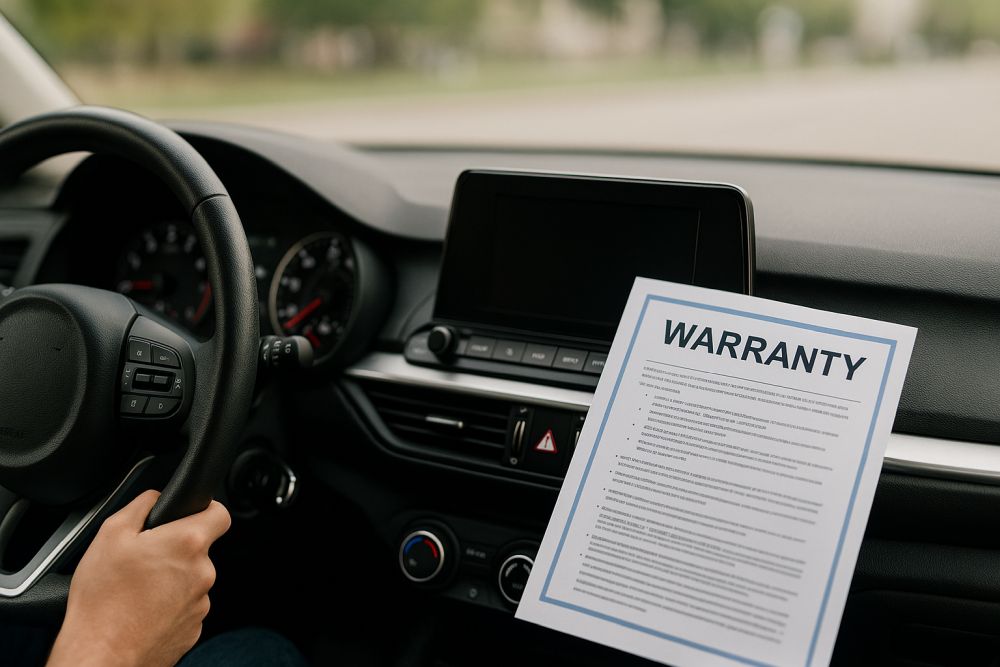Buying a used car, especially in California, can be an intimidating experience, and it’s easy to end up with a lemon if you’re not careful. But there are ways to ensure that you get a good deal on a reliable vehicle without getting ripped off. As a complement to doing VIN checks or license plate lookups when investigating California vehicle history, here are some insider tips to help you buy a used car and evade attempts at scamming you.

Do Your Research
Before you even begin to look for a used car, make sure you do your research on the car you are interested in so that you know what features are important and how much the car is worth.
1. Doing so helps the buyer to determine which type of car best meets their needs.
2. Researching a car helps buyers determine the long-term reliability and cost of ownership, such as fuel efficiency, maintenance costs, and resale value.
3. It can also help buyers locate special deals or incentives that may be available for certain cars. Check out review websites for consumer feedback, as well as Kelley Blue Book or Edmunds for pricing information.
Get An Inspection
Before you buy any used car, it’s important to get a third-party inspection from a qualified mechanic. A pre-purchase inspection is important for a lot of reasons.
First, this can help identify any potential problems with the car that could lead to major repair costs in the long run. You definitely don’t want to shoulder a hidden burden that may cost you a lot.
Second, the inspector can help you determine whether the vehicle is worth its asking price, and if not, you could save money by having a good excuse to avoid it.
Lastly, an inspection gives you a position to dictate the terms. For instance, you may ask for any discovered issues to be identified and addressed before you make your purchase.
Shop Around
Comparing vehicle options is necessary for getting the best car deal possible for your budget and here is why.
1. Comparing features, prices, and warranties helps in making an informed decision about which car is right for you. You may even find one that’s better suited to your needs at a lower price than the first one you saw.
2. It also gives you a better understanding of what’s available on the market, so you can find the best car for your needs and budget.
3. Most of all, making comparisons among available cars within your reach helps you avoid lemons or get taken advantage of by a salesperson who’s trying to upsell something that isn’t necessary or cost effective.
Don’t just settle on the first used car you come across; be sure to shop around to compare different cars that meet your criteria.
Know Your Budget
Before you start shopping for a used car, it’s important to figure out exactly what your budget is so that you don’t end up overspending on a vehicle that isn’t really within your means.
Knowing what kind of loan terms and monthly payments you can afford will also help narrow down your search and keep you from getting ripped off by unscrupulous sellers who try to push more expensive cars on unsuspecting buyers.
Moreover, dedicating to a fixed budget helps you to focus on cars that are within your price range. It also helps you understand what features and options are available in that price range, so you can make an informed decision. And it can help you negotiate a better deal with the seller as they know what your maximum budget is.
In summary, knowing your budget is crucial in avoiding falling into debt or overspending if you stick to your budget.
Be Cautious With Private Sellers
If you decide to purchase from a private seller, be sure that they have proper documentation of ownership and ask them lots of questions about their vehicle’s maintenance history and past repairs before signing anything or handing over any money.
Negotiating with a private car seller comes with a mix of advantages and disadvantages.
On one hand, private sellers often list their vehicles for lower prices than dealerships, so you’ll likely get a better deal. You can also negotiate price directly with the seller and there is no third party involved to complicate things. There is also the advantage of having more flexibility to test drive the car, inspect it, and view its service history. If you are an experienced buyer or mechanic, you may find a better conditioned car from a private seller than from a dealership.
The downside is that you’ll have less protection because you won’t be dealing with a licensed dealership that has to follow certain regulations and standards of practice. There is also the issue of not being able to access dealer financing, so you may need to arrange your own financing through a bank or other lender if necessary. Another problem may appear in the form of difficulty in verifying a vehicle’s history since private sellers don’t always have complete documentation on the car’s past owners or maintenance records. But what you should really be afraid of is that there are also increased risks of buying a lemon or a stolen vehicle when dealing with private sellers as opposed to dealerships who typically conduct thorough inspections on all the cars they sell.
So, you really need to weigh in on your options and put a balanced perspective on them to determine what is right for you.
Avoid Dealerships With Shady Reputations
Just like with private sellers, it’s important to do some research before committing to buying from a dealership in order to ensure that they are reputable and trustworthy. Read customer reviews online and check out their Better Business Bureau rating if they have one before visiting them in person or signing any paperwork or contracts with them.
Aside from this, word-of-mouth can be a great way to tell if a car dealership is shady. Ask family and friends who have purchased cars from that dealership before to find out their experiences. If a car dealership shows red flags like asking for upfront payments, has high fees or charges, or refuses to provide documents such as a bill of sale, then it’s likely that they are not reputable. Don’t feel obligated to accept whatever price the seller or dealership quotes; negotiating can help get you the best possible deal on your new-to-you ride without getting ripped off in the process! Even if they don’t budge much (or at all) at least try – it never hurts!
Buying a used car should not be a stressful experience. With the right information, you can find the perfect car for your needs without getting ripped off. It is important to do your research and inspect the car thoroughly before making a purchase. Make sure to ask lots of questions and get all relevant paperwork in order before signing any documents. By following these steps and taking some extra precautions, you can buy a used car with renewed confidence and peace of mind.


